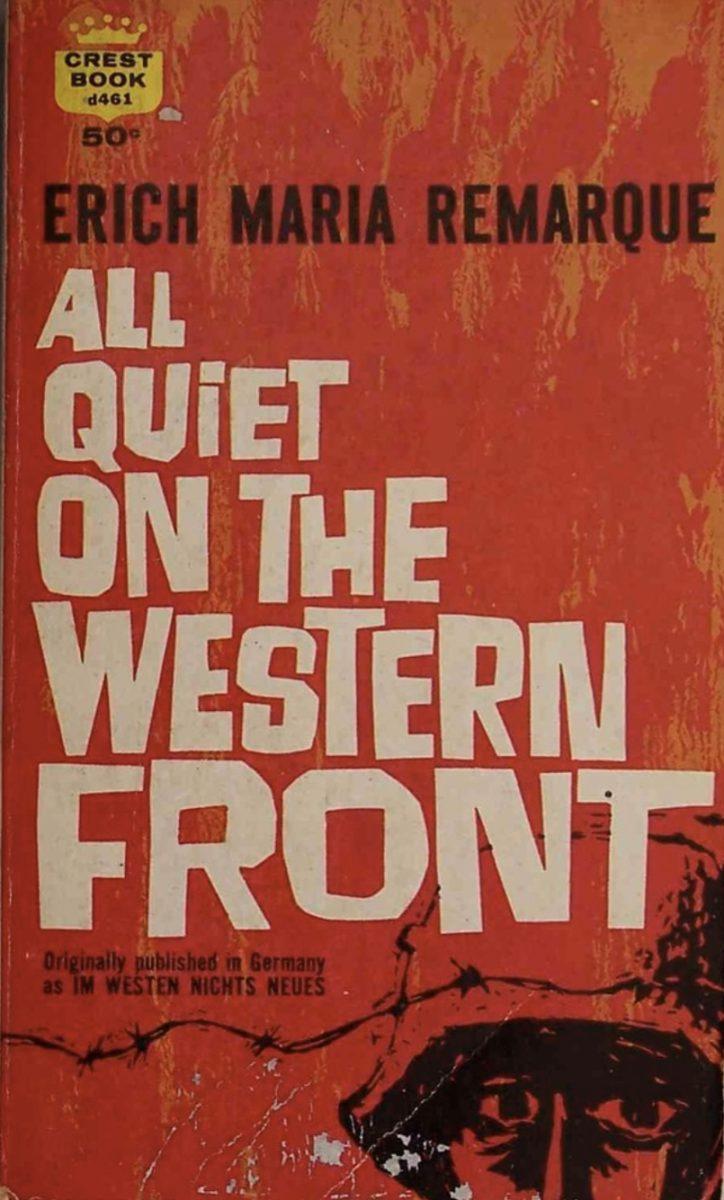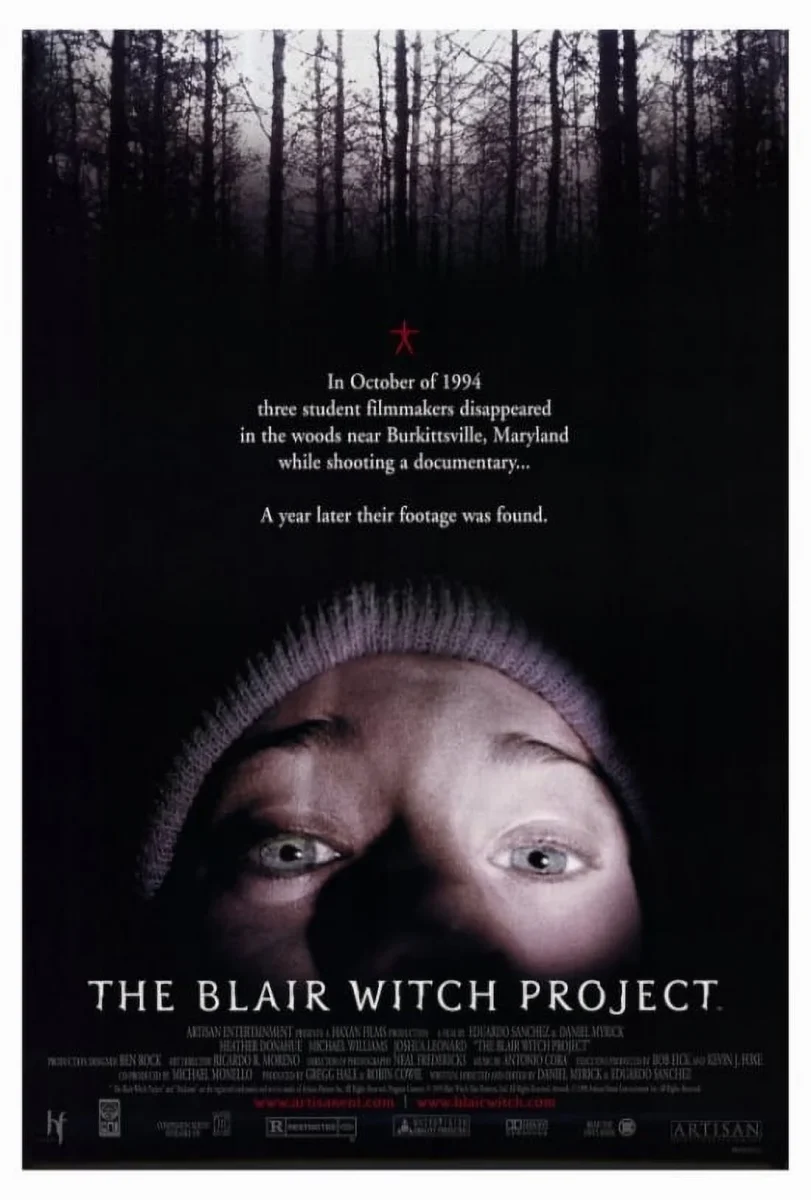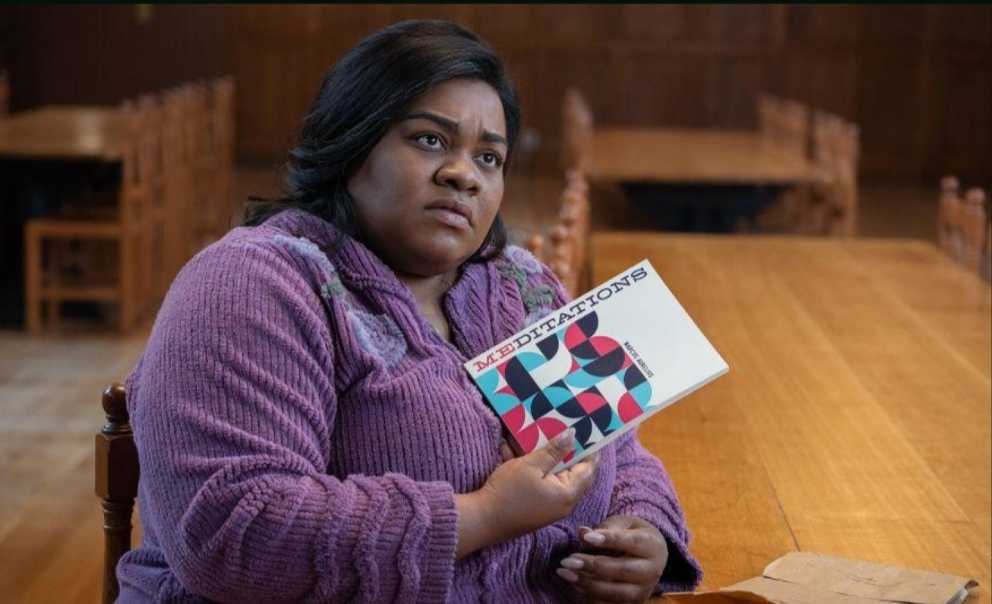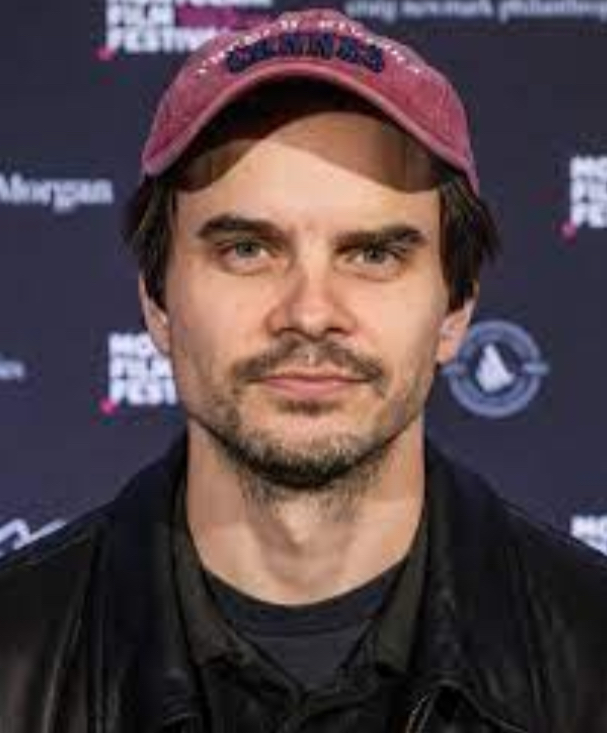“All Quiet on the Western Front”, Edward Berger’s German language adaptation of the 1929 novel, is without a doubt one of the most engaging war films in years. Stunning performances and outstanding technical feats propel the over-long epic to its finish line. Although the plot is lacking, the film remains a powerful and emotional experience.
The film follows Paul Bäumer (Felix Kammerer), a young German soldier who, alongside his friends, enlists in the army as the First World War starts to come to a close. Unsurprisingly, he finds that the battlefront isn’t as glorious as he would’ve hoped. Meanwhile, a German diplomat (Daniel Brühl) attempts to negotiate with French officials for a ceasefire.
From the opening scene we can already see the message: war is hell. The biggest issue of “All Quiet on the Western Front” is that the message is repeatedly drilled into our heads for 147 minutes. Although there are some scenes depicting the quieter parts of Paul’s experience, the violence is relentless, and at a certain point it gets old. The shock of seeing the horrors of battle dulls, but we’re left with an onslaught of brutal imagery and terrifying gore for about an hour too long.
However, if we’re going to see brutal imagery, it might as well be visually impressive, and the technical team knows this. The remarkable cinematography by James Friend is consistently astounding, with long-shots of battle scenes and an approach to the war that almost seems peaceful, preferring to contrast the gore with serene landscape shots that make it feel less like a movie and more like a painting. The color palette of grays and blues works in tandem with the photography to produce a feast for the eyes that lingers long on the mind. In addition to the visuals, the makeup is thoroughly impressive. The grime and grit of the battles are seen on Paul’s face, which is regularly caked in mud, blood, and everything in between.
One of the major problems with the film is its characters: fifteen minutes in, Paul learns that war is terrible, and from then on he doesn’t really learn anything new. The side characters aren’t given enough depth, as most of their purposes are to die increasingly shocking deaths. Felix Kammerer almost redeems Paul’s lack of character through his performance though. In his film debut, Kammerer is absolutely jaw-dropping. Paul grows increasingly more battle-hardened and used to killing as the film progresses, and while most actors would choose to end Paul’s arc as a mindless killing machine, Kammerer still imbues Paul with a sense of hesitance and remorse. He doesn’t want to be doing this, but he must.
Thematically, “All Quiet” thrives. Akin to “Full Metal Jacket”, the film effectively shows how soldiers are methodically molded into disposable killers. While one could argue that the lack of backstory or personality in Paul is emblematic of how dehumanizing war is, I believe that’s a lazy excuse for dull characterization. Nevertheless, the film’s ending reinforces the idea that war never really ends in cruelly poetic fashion, and how soldiers are really just pawns of the powerful, who die over the petty disputes and selfish scheming of their leaders.
Another area where the film shines is in its portrayal of the parts of war we don’t often see on screen. Much of the film centers on the downtime between battles, when soldiers camp out in villages, taking the resources of the locals. Paul and his friends are barely supported by their government, and end up resorting to stealing animals to feed themselves. It’s bleak, and Berger knows it. The grim tone hangs over the film, and even in these seemingly safe scenes, there’s always a cloud of darkness and anticipation in the background.
“All Quiet on the Western Front” executes certain aspects impeccably. The cinematography, makeup, and themes are all pitch perfect, and Felix Kammerer’s performance is Oscar-worthy. Despite that, it falters in character development, and goes on for far too long, diminishing its effectiveness and emotional punch. Although it may not be as strong as the last major World War One movie, “1917,” Edward Berger’s epic is an affecting and gritty tale that excels in technical areas. War may be hell, but “All Quiet on the Western Front” is far from it.




































